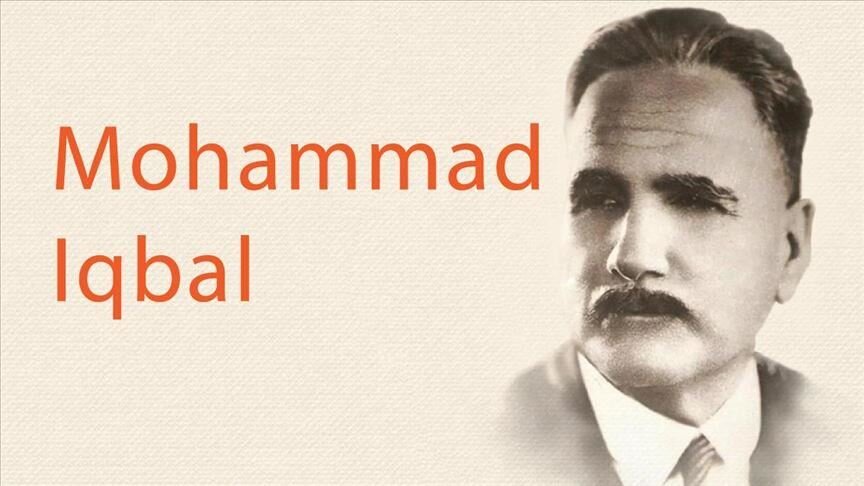Tehran – The Palestinian issue has been in eight years. International authority has ignored this issue for 70 years. When British imperialism created this issue in the first half of the last century, no one could imagine how much it would affect international peace, and that the Palestinians would have to pay such a heavy price for independence.
This was a time when British imperialism ruled almost all around the world. The British policy of steadily settling Palestinian Jews led to direct clashes between Muslims and Jews in the 30th year of the 20th century. This series of conflicts led to continued bloodshed in 1928, 1929, 1933 and 1939. In August 1929, 116 Palestinians were killed and 232 injured during a skirmish in Jerusalem. The firing by British authorities caused most of the losses. The news of the incident deeply disturbed Muslims on the subcontinent. The protest rally took place outside Delhi Gate Lahore, attended by Muslims of all ways of thinking. Pakistani national poet Arama Muhammad Iqbal Raholi also attended the rally. Arama Muhammad Iqbal Raholi was a poet, legal scholar and politician. While dealing with the rally, Iqbal said:
“Muslims, wives and children are being killed in Palestine. The tragedy is at the heart of Jerusalem, where Al Aksa Mosque is located. This mosque is associated with the opportunity of Mi Raj Mubarak. The mosque.
Muslims, women and children are being slaughtered like sheep and goats… The Zionist movement will not bring about comfortable outcomes for Muslims. On the contrary, it is carrying an unprecedented evil…? ”
Looking at Iqbal’s life, we see that he is always associated with the Palestinian cause. His reactions and feelings at various stages of this crisis are part of history. In this respect, we can see his letters from 1932 to 37. All of these letters are worth reading. An excerpt from his letter is presented here. This reflects Iqbal’s style of looking at and analyzing political issues. He wrote comments on the Palestinian report.
“Wisdom alone has power; and when power abandons its methods of wisdom and depends on itself, the end is death.”
Iqbal predictions have been realized. The power that created the Palestinian problem by ignoring wisdom and morality has become a story of the past. The first part of this extract is eye-opening with the message of the power of today’s age. Those who ignore wisdom find nothing in the future, except for danger and defeat.
Iqbal’s deep connection to the Palestinian cause can also be judged by the fact that he has probably attended all meetings in this regard. During the last year of Iqbal’s life, when he was so sick that he was unable to attend the meeting, the Royal Commission’s report on Palestine was made public. The Muslim Federation (The Political Association of Muslims in British India) held a public meeting in Lahore on July 26, 1937. Iqbal was unable to attend this meeting. However, he took the opportunity to send a written message. The Urdu translation of Iqbal’s message was read out at this meeting. Iqbal declared that Palestine was purely a Muslim issue. Presenting his analysis in a historical context, Iqbal writes:
“Modern historical research even doubts Peter of Hermit, and even if the Crusades were to try and make Palestine a Christian issue, this attempt was defeated by the victory of Sarah Woodin.
According to Iqbal, Muslims should themselves be masters of their destiny. He also observed that the issue of Palestinians is a test of courage and pride in all Islamic countries, regardless of Arabs or non-Arabs. This is, inherently political and religious, the first Muslim issue. Time and history demand that Muslim countries resolve this problem
زAnd you can live your mother or کجاب love ذوق§یλاکجا
Wee, love
Do you say it?
مرددرارار
How long will you live without the taste of success and progress? How long will you govern your destiny over others? How well do you not recognize your position? Are you afraid of difficulties? The Holy Prophet (Pbuh) said that difficulties and periods of trial are developmental tools for brave people. Have you ever heard of this?
*Zahid Munir Amir is a professor in the Faculty of Literature and Humanities at the University of Tehran.

